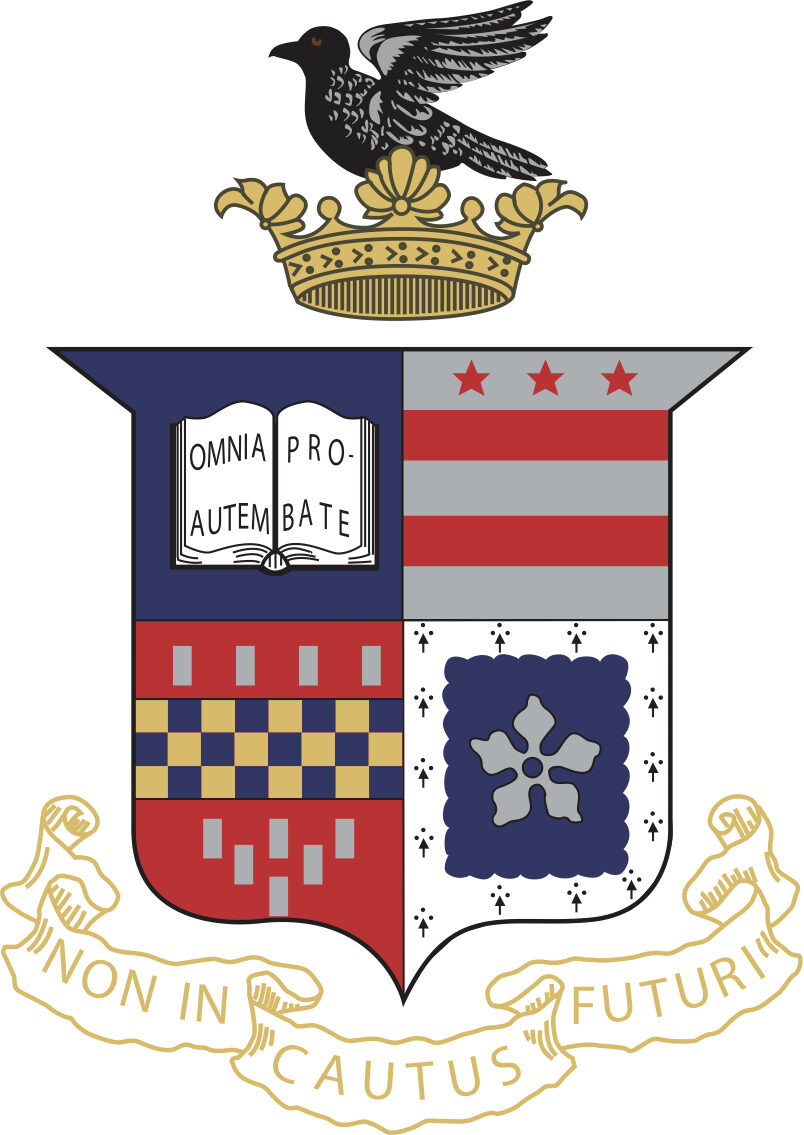Real property owners across the country have been targeted by scammers who prepare deeds purporting to convey title to property the scammers do not own. Sometimes, the true owners are entirely unaware of these bogus transfers. In other instances, the scammers use misrepresentation to induce unsophisticated owners to sign documents they do not understand.
Property doctrine protects owners against forgery and fraud—the primary vehicles scammers use in their efforts to transfer title. Owners enjoy protection not only against the scammers themselves, but generally against unsuspecting purchasers to whom the scammers transfer purported title.
Recovery of title, however, involves costs and delays that are difficult to bear, especially for victims without significant resources—often the favorite targets of scammers. Legislators have proposed a variety of reforms to make unauthorized transfers more difficult. Most of the proposed reforms, however, would do little to ease the financial burden on victims. Victims cannot generally rely on title insurance because the standard title insurance policy does not protect the insured against title defects that arise after issuance of the policy. Requiring title insurers to cover post-policy forgery and fraud would ease the burden on victims without significantly increasing costs to title insurers.
